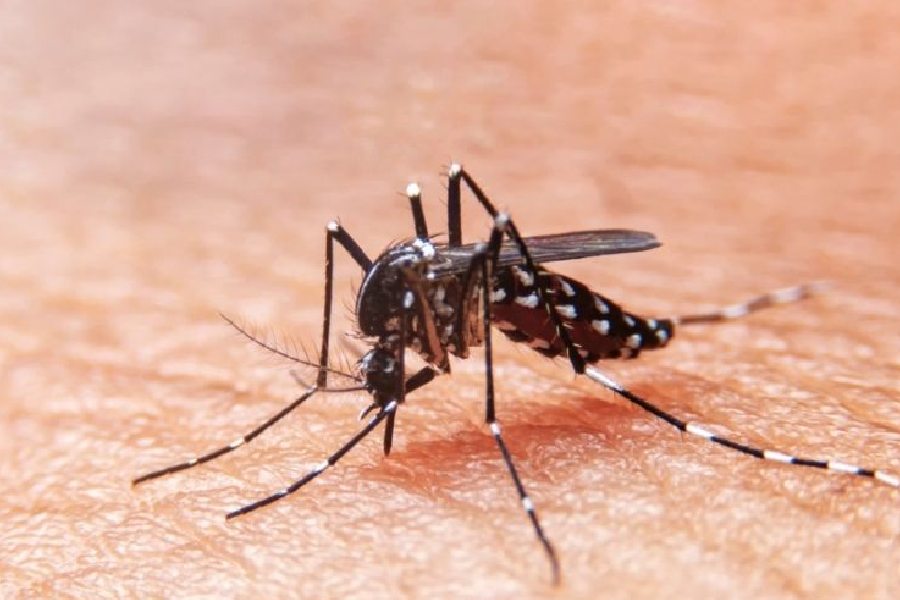A 71-year-old man with “complicated vivax malaria” passed away at the Beleghata Infectious Diseases Hospital last week, a doctor confirmed on Sunday.
Ram Vidya Gupta lived in Dakshindari, which falls under the South Dum Dum Municipality.
His native village is in Uttar Pradesh.
A doctor at the Beleghata hospital said Gupta was admitted on Tuesday morning and passed away early on Wednesday.
He was in the hospital for less than 24 hours.
“The man was brought to the hospital in a critical condition. He was suffering from complicated vivax malaria,” said the doctor.
A number of malaria and dengue infections have been reported from Kolkata and its neighbouring places. A number of deaths have been reported too.
The state health department has not released any official figures on the number of infections or the death toll.
The website of the World Health Organisation (WHO) mentions that “there are 5 Plasmodium parasite species that cause malaria in humans and 2 of these species – P. falciparum and P. vivax – pose the greatest threat”.
On Saturday, a home guard who was posted at the Dum Dum police station who had tested positive for dengue passed away.
Pritam Bhowmik, 34, was a resident of Dum Dum, said a police officer. “He was also an asthma patient, which could have aggravated his illness,” said the officer.
Bhowmick was down with a fever for a few days and was admitted to a nursing home on Jessore Road. The death certificate mentioned “cardiorespiratory failure due to haemorrhage manifestation in a case of dengue NS1 reactive fever” as the cause of his death.
Both dengue and malaria were vector-borne diseases and mosquitoes causing the diseases breed in fresh water that remains uncleared for seven days or more, said an entomologist.
“Do not allow water to accumulate anywhere and destroy such accumulated water within seven days,” said the entomologist.
